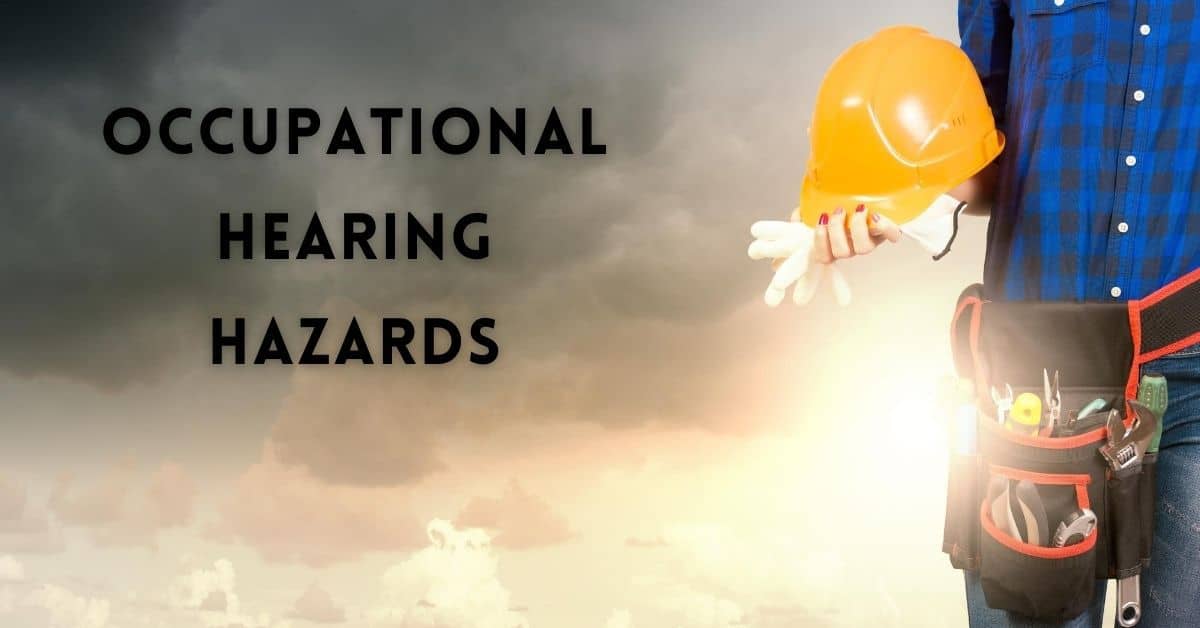
Occupational Hearing Hazards
If you have ever been to a loud event such as a concert, dance club night, or sporting event in an arena you might recall the experience of walking out and having ringing in your ears. After only a few hours at an event like this, the decibel level can be enough to give you a temporary experience of muffled hearing, and in the worst cases this experience of ringing or dampened hearing can last longer.
Now imagine if your workplace was as loud as one of these events. In the first place, someone who works at one of these event facilities is exposed to this level of volume for the duration of the event. Others who work in industrial or manufacturing facilities can have the same degree of sound exposure for the entire duration of a shift, which might last even longer.
For these reasons, the Occupational Safety and Health Administration has established stringent guidelines for the level and duration of noise exposure that is permissible in a workplace. When the noise is extremely loud, such as those who work with aircraft or in the military, large employers face sanctions for failure to abide by these regulations.
However, smaller employers such as bars and restaurants, might fly under the radar of government officials who are tasked with enforcing these guidelines. For these reasons, it is crucial to take your hearing health into your own hands.
OSHA Occupational Guidelines
When it comes to risks of hearing damage in the workplace, not only is the decibel level of volume an important consideration but also the duration of exposure. For this reason OSHA has set guidelines for the maximum time of noise exposure at different levels of volume.
Although other hearing specialists say that it might be excessive, OSHA has established that 90 decibels of noise can be endured for an 8 hour shift of work. However, as the volume goes up by 5 decibels, that time is cut in half. For instance, if the workplace emits a sound of 95 decibels, the duration of exposure is limited to 4 hours, and so on.
As you can see, high decibel workplaces can only be endured for a very short amount of time. One self-protective measure you can take is to monitor the volume level in your own place of work. Apps are available for your smartphone that can give you a general sense of the risks you face in the workplace.
Although your employer should be measuring the decibel level of your workplace and limiting your exposure, it is important to make sure that the readings are accurate and that you are getting the appropriate duration of work to protect yourself.
Hearing Protection
Hearing protection is required to bring down the effective decibel level, but not all hearing protection is alike. When you work in a noisy place, you need to make sure that the protection level is sufficient to reduce the hearing risks.
Simple disposable foam earplugs can reduce the overall volume level of sound by at least 5-10 decibels, but each set of earplugs is different. Take a look at the earplugs supplied by your employer to find out how much of a noise reduction they provide and seek a more protective pair if they are better suited to your workplace. Custom-fitted earplugs are more expensive, but they can reduce the harmful sound while also making it possible to talk to coworkers.
For the loudest workplaces, such as airports or those who work with explosives, noise-cancelling earmuffs might be the better option, and some people even opt for earplugs worn beneath earmuffs. The drawback of this level of protection is that it can limit communication ability in the workplace. Highest functionality comes from noise-cancelling earmuffs or helmets that are equipped with intercoms, making it possible to converse while also protecting hearing.
Whatever option for hearing protection you choose, do not merely use the protection supplied by your employer without investigating its effectiveness and the duration of work that you can withstand without suffering hearing damage.
If you are concerned that you have already developed hearing loss through workplace exposure to noise, don’t hesitate to contact us to investigate treatment options.
